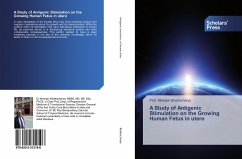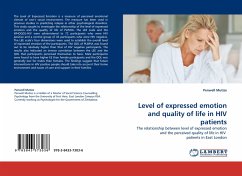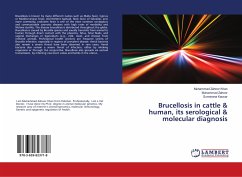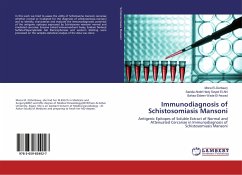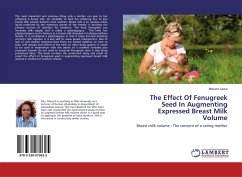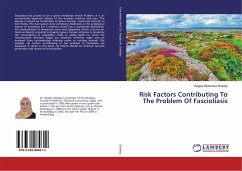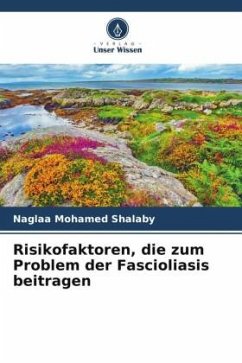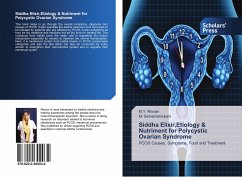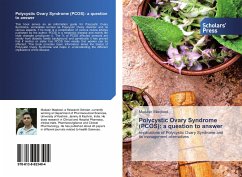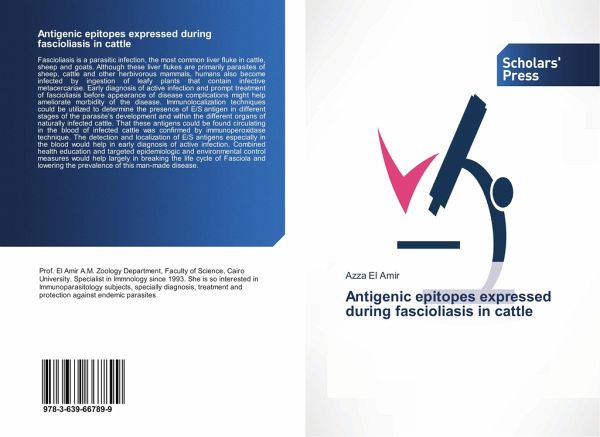
Antigenic epitopes expressed during fascioliasis in cattle
Versandkostenfrei!
Versandfertig in 6-10 Tagen
40,99 €
inkl. MwSt.

PAYBACK Punkte
20 °P sammeln!
Fascioliasis is a parasitic infection, the most common liver fluke in cattle, sheep and goats. Although these liver flukes are primarily parasites of sheep, cattle and other herbivorous mammals, humans also become infected by ingestion of leafy plants that contain infective metacercariae. Early diagnosis of active infection and prompt treatment of fascioliasis before appearance of disease complications might help ameliorate morbidity of the disease. Immunolocalization techniques could be utilized to determine the presence of E/S antigen in different stages of the parasite's development and wit...
Fascioliasis is a parasitic infection, the most common liver fluke in cattle, sheep and goats. Although these liver flukes are primarily parasites of sheep, cattle and other herbivorous mammals, humans also become infected by ingestion of leafy plants that contain infective metacercariae. Early diagnosis of active infection and prompt treatment of fascioliasis before appearance of disease complications might help ameliorate morbidity of the disease. Immunolocalization techniques could be utilized to determine the presence of E/S antigen in different stages of the parasite's development and within the different organs of naturally infected cattle. That these antigens could be found circulating in the blood of infected cattle was confirmed by immunoperoxidase technique. The detection and localization of E/S antigens especially in the blood would help in early diagnosis of active infection. Combined health education and targeted epidemiologic and environmental control measures wouldhelp largely in breaking the life cycle of Fasciola and lowering the prevalence of this man-made disease.



